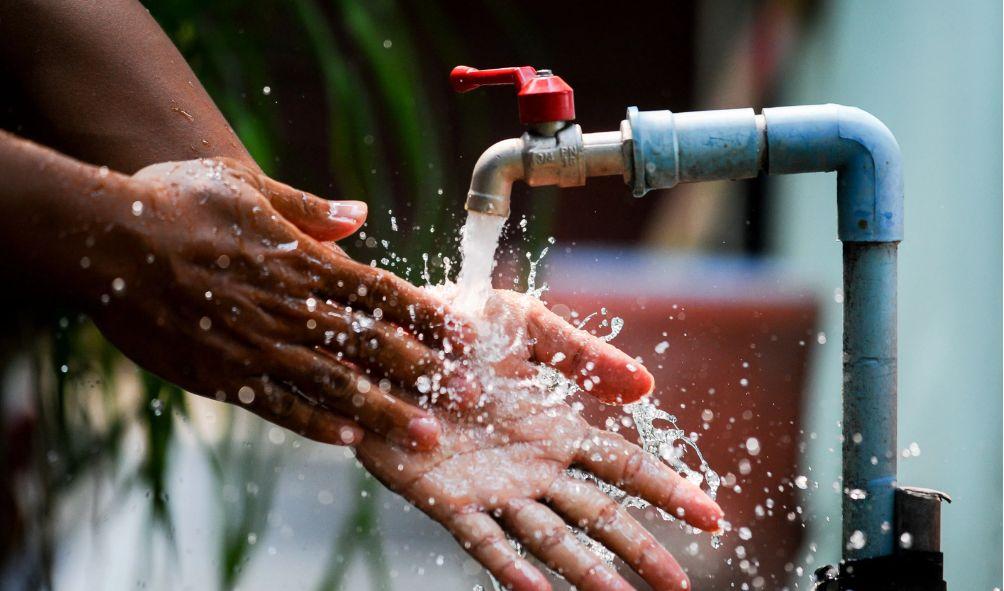Unveiling Widespread Corruption in Water & Sanitation Companies: Auditor General’s Report
In a report released by the Auditor General, massive corruption, misconduct, and poor management in water and sanitation companies across multiple counties have been exposed.
The report adopted by the Senate Public Investment Committee revealed that despite being a devolved function, water and sanitation companies remain in the hands of private entities in the majority of counties, denying the majority of the population in those counties access to affordable water.
The report indicates that private companies, in collaboration with corrupt county officials, have engaged in malpractices and embezzled more than Ksh.47 billion in revenue from 47 counties.
Wajir, Murang’a, Nairobi, and Taita Taveta Counties are some of the counties flagged for corruption and mismanagement.
Wajir Water and Sewerage Company Limited was cited for disregarding hiring procedures and improperly hiring 521 employees.
The committee has requested that the Ethics and Anti-Corruption Commission investigate the potential loss of funds by Wajir Water and Sewerage Company Limited (WAJWASCO) as a result of the irregular employment of over 500 employees and abuse of office.
Private investors own and manage water services in Murang’a County, which is one of the counties where this is the case.
ALSO READ: KEMSA CEO Reveals Government’s Ksh3.7B Mosquito Net Tender Loss
Despite substantial infrastructure investments by the county, four out of five water and sanitation companies in Murang’a are privately owned. The generated revenue does not go to counties.
Murang’a Water and Sanitation Company (MUWASCO), Murang’a South Water and Sanitation Company (MUSWASCO), Murang’a West Water and Sanitation Company (MWESCO), and Gatamathi Water and Sanitation Company profit from county investments.
Gatanga Water and Sanitation Company is the only county-owned business.
The committee determined that the four companies were created and financed with public funds by the now-defunct local authorities, but have not yet been transferred to the county.
The Nairobi City Water and Sewerage Company is a second water company in the county that has been accused of misdeeds. The report indicates that the county is unable to account for Ksh 39.2 million in revenue, pointing to the embezzlement of public funds.
The missing funds stem from the licensing of 657, or 85 percent, of privately licensed water bowsers.
Through the Tavevo Water and Sewerage Company Limited, Taita Taveta County is also implicated in misconduct and mismanagement of public funds.
The county has been cited for irregular payments of Ksh.1.2 million in directors’ salaries, allowances, and night-out claims.
ALSO READ: Urgent Prayer Request: CS Nakhumicha Seeks Support for Kemsa, NHIF Cleanup
To stop the losses, the senate committee has asked the EACC to take over the investigation, and the EACC has already initiated an investigation into the irregular payment of emoluments and allowances, as well as the flagrant disregard of public procurement laws and regulations that led to the loss of public funds through collusion.
The anti-corruption organization will also investigate the non-remittance of revenue and irregular recruitment of personnel without involving County Public Service Boards.
Failure to submit statutory deductions payable to KRA, NHIF, and NSSF and also pension, failure to submit this money despite having deducted it from employees, continues to result in lingering unpaid bills.
EACC has also requested that the Governors implement systems and procedures to address the identified violations of applicable laws.
“As a precautionary measure to prevent further losses and waste while investigations continue, EACC has written to all 47 Governors requiring them to implement reforms by their constitutional responsibility as Chief Executive Officers under Article 179(4) of the Constitution,” states EACC.
Beginning with the first quarter of the 2023/2024 fiscal year, Governors are required to submit a mitigation plan for addressing the aforementioned malpractices, as well as quarterly implementation progress reports for Commission review and monitoring.
Unveiling Widespread Corruption in Water & Sanitation Companies: Auditor General’s Report
HEY READER. PLEASE SUPPORT THIS SITE BY CLICKING ADS. DON’T FORGET TO HIT THE NOTIFICATION BELL FOR MORE UPDATES AROUND THE GLOBE.
